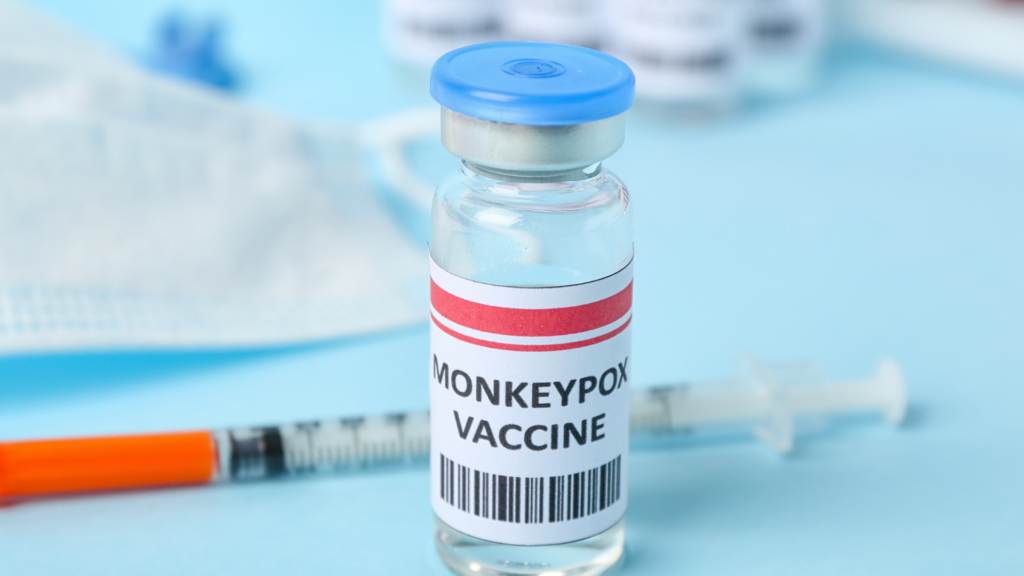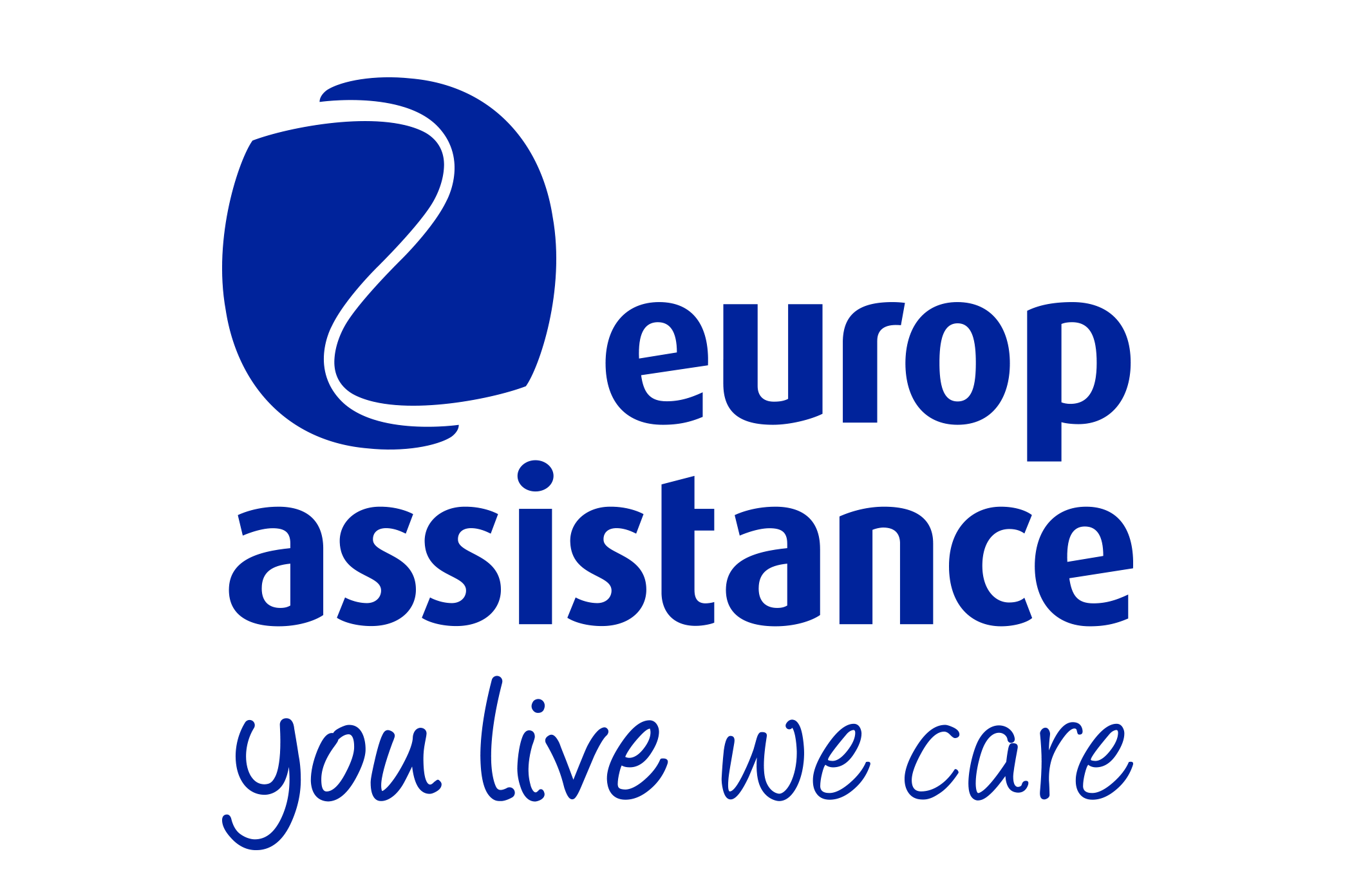Over the last few months, there have been reports of an atypical outbreak of monkeypox. This rare viral infection, usually found in forested areas of Central and West Africa, originates in animals, but it has also been reported more frequently in humans recently. So here are some key facts about monkeypox that you need to know, in order to protect yourself and your loved ones.
How does the monkeypox virus spread?
Monkeypox does not normally spread easily between people as it requires very close physical contact to allow the virus to enter the body. This could be through broken skin; the eyes, nose or mouth; and as a result of coming into contact with the lesions, bodily fluids or respiratory droplets of infected people. It can also be contracted through prolonged contact with the contaminated possessions of infected people, such as clothing, bedding and towels.
What are the symptoms and how to treat the disease?
Someone who has contracted monkeypox usually starts to show symptoms between 6 to 13 days after contact with an infected, symptomatic person, or their belongings. The most common symptom is an evolving rash that develops from vesicles into blisters. The rash may be accompanied by a fever, muscle aches, chills, exhaustion, headaches, a sore throat, or swollen, painful lymph nodes.
The disease is usually self-limiting, meaning symptoms usually go away without the need for treatment within 2 to 3 weeks and medication is aimed at relieving symptoms. Some people may require antibiotics and analgesia to treat secondary infections and local pain.
While a new vaccine has been approved for the prevention of monkeypox, and the smallpox vaccine has also been demonstrated to provide protection, these vaccines are not yet widely available.

What should you do if you suspect you might have monkeypox?
It is important that people report symptoms and take precautions to stop possible transmission to others, particularly those at high risk of developing severe disease:
- If you have an unusual lesion or rash, consult your doctor straight away.
- Try not to touch the lesions or rash as this could spread the disease.
- Wash any bedding or belongings of an infected person that you may have come into contact with.
- Wash your hands regularly.
- Anyone that has suspected, probable or confirmed monkeypox symptoms should isolate as much as possible until the symptoms have resolved. In particular, keep isolated from pregnant women, young children and immunocompromised people to protect them from infection.
Be aware that you are extremely unlikely to have monkeypox if you have not been in close contact (such as touching their skin or sharing bedding) with someone who has monkeypox or has monkeypox symptoms; or if you have not recently travelled to West or Central Africa.
If you think you might have monkeypox, you can act to protect others by seeking medical advice and isolating until you have been evaluated and tested.

